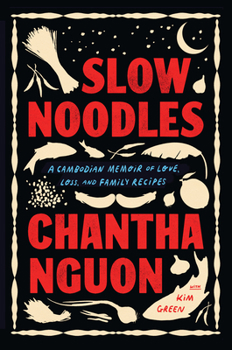I read this one back in March of this year. It was an ARC from NetGalley and I thank them for the opportunity to read and review this lovely book.

The story was set during the Blitz in London and follows the lives of three young ladies. One, Julie, is a new under-librarian at Bethnel Green Library. She has moved to London from her small village and has big dreams about her work at the library. She is met with resistance from the head of the library, a man. She is also boarding with a woman whose husband is serving in the war. The other tenant of the house is the man her mother wanted her to marry, but she thought he was too much of a ladies man and flirt to be taken seriously as a husband,
The second girl, Katie, is working at the library until she leaves for university. Her family is very conscious of reputation even though her father is a bit of a cad. Her fiance is at the front and she gets devastating news about him. And she is hiding a big secret from everyone.
The third girl, Sofie, a Jewish refugee, came to London to escape the Nazis. She is on a domestic service visa with a horrible man as her sponsor/employer. She misses her family and is worried about their safety. She visits the library down the street in order to find some relief from the hard work and the worry about her kin.
A Nazi bomb hits the library, damaging some books, but many survive. Katie moves some of the salvaged books to the underground station and starts reading to people who are sheltered there. Eventually, she convinces the board of the library to allow the lending to continue from that location.
Many events occur with the lives of these three women, including issues with family, a theft, a trip to the Isle of Man, and some heartbreaking scenes with Katie.
A great book, written in a simple style that would be easy for teens to read. Some of the subject matter is sensitive, but there is nothing here that would take this book to the level that it isn’t appropriate for anyone over the age of fifteen. As well, it is also suitable for older readers. I enjoyed it immensely. Lots of conflict for all three protagonists and the journey of each is well done and believable.
BLURB:
When the Blitz imperils the heart of a London neighborhood, three young women must use their fighting spirit to save the community’s beloved library in this novel based on true events from the author of The Chilbury Ladies’ Choir.
When the new deputy librarian, Juliet Lansdown, finds that Bethnal Green Library isn’t the bustling hub she is expecting, she becomes determined to breathe life back into it. But can she show the men in charge that a woman is up to the task of running the library, especially when a confrontation with her past threatens to derail her?
Katie Upwood is thrilled to be working at the library, although she is only there until she heads off to university in the fall. But after the death of her beau on the front line and amid tumultuous family strife, she finds herself harboring a life-changing secret with no one to turn to for help.
Sofie Baumann, a young Jewish refugee, came to London on a domestic service visa only to find herself working as a maid for a man who treats her abominably. She escapes to the library every chance she can, finding friendship in the literary community and aid in finding her sister, who is still trying to flee occupied Europe.
When a slew of bombs destroys the library, Juliet relocates the stacks to the local Underground station where the city’s residents shelter nightly, determined to lend out stories that will keep spirits up. But tragedy after tragedy threatens to unmoor the women and sever the ties of their community. Will Juliet, Kate, and Sofie be able to overcome their own troubles to save the library? Or will the beating heart of their neighborhood be lost forever?
